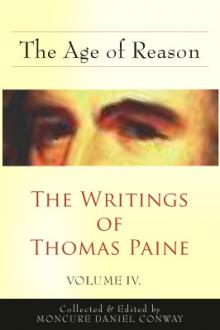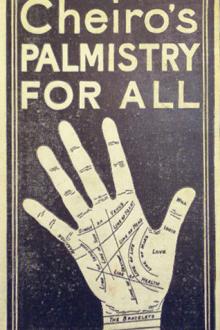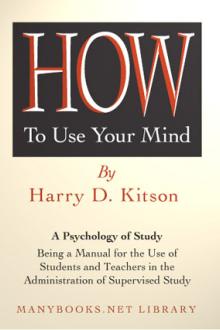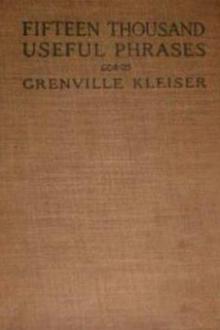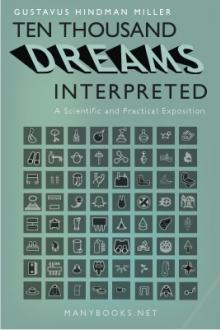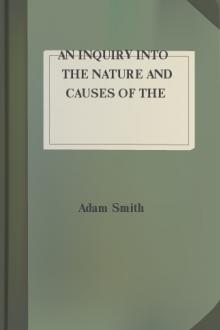A Practical Enquiry into the Philosophy of Education
A Practical Enquiry into the Philosophy of Education
The Author of the following pages is a plain man, who has endeavoured to write a plain book, for the purpose of being popularly useful. The philosophical form which his enquiries have assumed, is the result rather of accidental circumstances than of free choice. The strong desire which he felt in his earlier years to benefit the Young, induced him to push forward in the paths which appeared to him most likely to lead to his object; and it was not till he had advanced far into the fields of philosophy, that he first began dimly to perceive the importance of the ground which he had unwittingly occupied. The truth is, that he had laboured many years in the Sabbath Schools with which he had connected himself, before he was aware that, in his combat with ignorance, he was wielding weapons that were comparatively new; and it was still longer, before he very clearly understood the principles of those Exercises which he found so successful. One investigation led to another; light shone out as he proceeded; and he now submits, with full[Pg vi] confidence in the truth of his general principles and deductions, the results of more than thirty years' experience and reflection in the great cause of Education.
Book Excerpt
amount of that attainment, in the short time that has already elapsed, is actually greater than all that had been previously gained during centuries. In this general improvement, however, the science of Education has till lately formed an exception. The principles of true philosophy do not appear to have been brought to bear upon it, as they have upon the other sciences; and the consequences of this neglect have been lamentable. In every branch of natural philosophy, there are great leading principles already established. But where were there any such principles established by the philosopher for the guidance of the teacher? By what, except their own experience, and conjectures, were teachers directed in the training of the young?--Thirty or forty years ago, what was called "education" in our ordinary week-day schools, was little more than a mechanical round of barren exercises. The excitement of religious persecution, which had been the means of disciplining the intellectual and moral powers of Scotsmen for
FREE EBOOKS AND DEALS
(view all)Popular books in Instructional, Non-fiction
Readers reviews
0.0
LoginSign up
Be the first to review this book
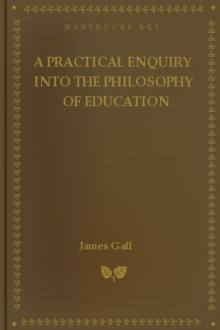
 Free Download
Free Download










